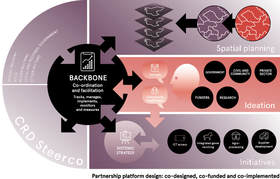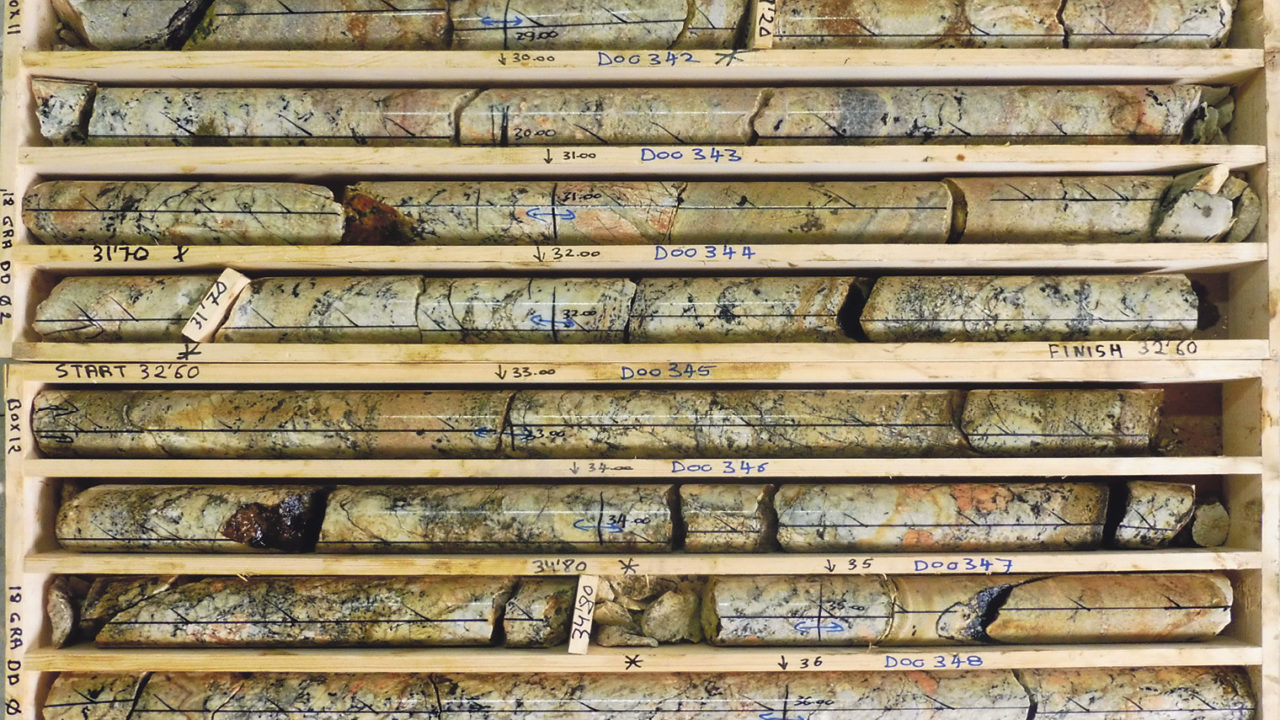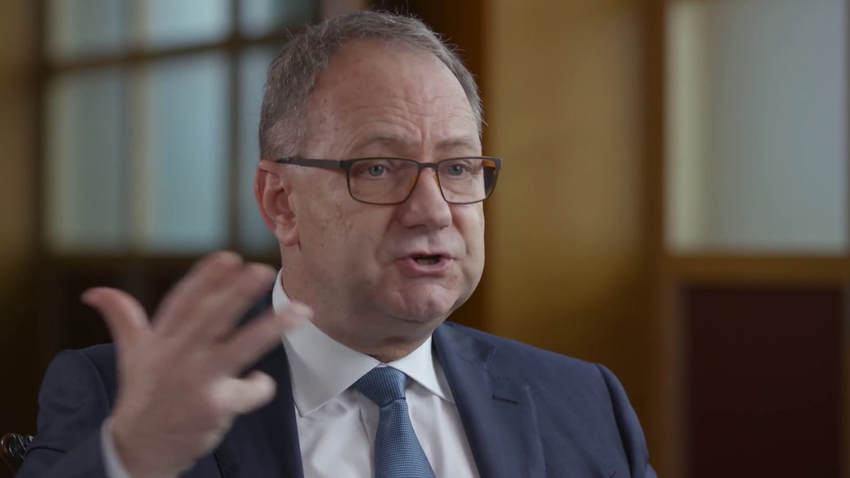|
A confluence of demand factors is opening up enormous new opportunities throughout the lithium supply chain in Europe. While the nexus between Australian suppliers and Chinese processors remains the foremost lithium supply chain set-up in the world, as a result of the strategic emphasis placed on its progress by the Chinese government, the balance is changing.
For now at least, the European lithium value chain is in development, but that could soon advance with the help of traditional open cut mines. A leading example of this is the mine being developed by Savannah Resources at its Mina do Barroso project in northern Portugal. A revolution in data is enabling insurers to predict risk precisely, empowered by businesses’ digital footprint gathered from property and operational monitoring systems. Insurers can also use the technology to identify trends and help clients prevent accident “events”, reducing the frequency and severity of claims.
Sensors linked to the internet of things enable information to be drawn from within organisations and workplaces, then fed into businesses’ and insurers’ risk management systems. The technology works by sensing everything from air conditioning, heat, water and electricity, to movement of workers and the operation of lorries, planes and ships. Underwriters can then analyse risk continuously, predict events and understand the cause of claims. The use of stolen identity data is on the increase. In the first quarter of 2018, more fraud attacks were noted than in the same period for each of the last three years, with a particularly large volume of automated attacks, according to the latest ThreatMetrix Cybercrime Report.
As breaches increase, Europe and the United States are no longer the only especially large cybercrime zones. South America has become a hub for new account origination fraud and Southeast Asia is witnessing large amounts of identity spoofing. In addition, the proliferation of mobile usage has led to an expanding weak security point in new account creations via mobile phones.  "I have dedicated more than 40 years of my life to mining, a wonderful industry that has helped lift countries out of poverty," says Mark Cutifani, chief executive at Anglo American. "But it is also an industry at a crossroads as society’s expectations of business rightly grow." "We must strive for step changes in how we mine, how we can enable the full benefits and how we engage with society as a whole," he says. Anglo American's efforts to realise long-term and truly sustainable development opportunities are centred on what it calls collaborative regional development. An interview with Ilya Kazi, partner at law firm Mathys & Squire
UK companies accounted for just 3 per cent of patent applications in Europe last year. Where does this attitude leave them as we exit the EU? Government and industry recognise that we have to perform well in numerous fields post-Brexit, especially given that our financial sector and supply chains are likely to be negatively affected. Well-managed IP has the potential to make a major difference. The more innovation we capture and maximise, the better. In the eighteenth edition of the Deloitte Alternative Lender Deal Tracker, we report that growth in the non-bank lending market was turbocharged in the 12 months leading up to the end of the fourth quarter of 2017, with a 32% increase from the previous year.
Direct Lending grew robustly in the fourth quarter, on the back of a consistently growing Eurozone economy. We expect continued expansion in 2018, given the sector’s strong fundamentals and the ongoing search by firms for alternative sources of capital. |
Recent portfolioA selection of articles, reports and other content. Archives
February 2024
Categories
All
|






 RSS Feed
RSS Feed
